- Introduction : A Clean First Impression
- Residential Areas : Clean Streets by Habit
- Taking Trash Home : A Cultural Norm
- Cleanliness in Schools : A Lesson from Childhood
- Workplace Cleanliness : Offices and Factories
- Cultural Roots : Buddhism and Confucianism
- Everyday Cleanliness : Nothing Special for Japanese People
- Modern Challenges : Trash in Tourist Areas
- Conclusion : A Tradition Worth Preserving
- Share Your Thoughts
Introduction : A Clean First Impression
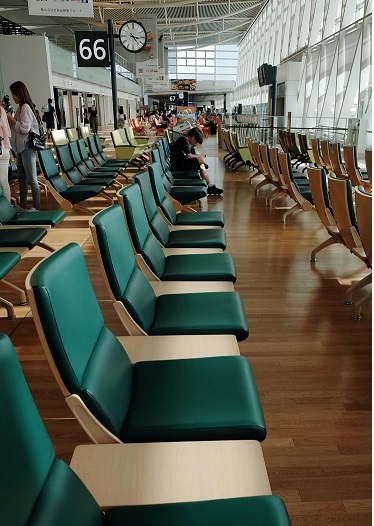

One of the first things that impress foreign tourists when they arrive in Japan is how clean everything looks, especially at the airport. From immigration counters and shopping areas to spotless restrooms, Japan’s attention to cleanliness is immediately noticeable. In fact, according to Skytrax’s 2025 “World’s Cleanest Airports” rankings, Tokyo Haneda ranks first, with Nagoya Central, Narita, and Kansai airports also making the top ten. But what makes Japan so clean? It’s not just about hiring more cleaning staff—it’s deeply rooted in the culture.toilet.
Residential Areas : Clean Streets by Habit
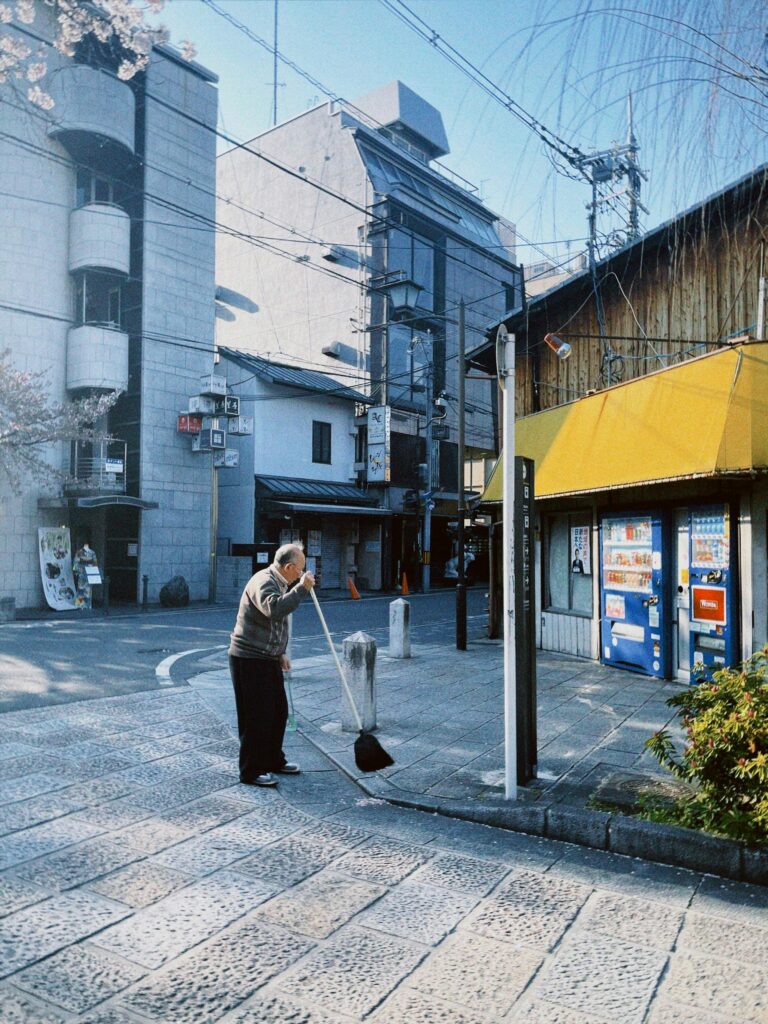
If you stay in a local Airbnb or residential area, you’ll likely notice that the streets are free from litter. In many neighborhoods, residents voluntarily clean public garbage collection spots after pick-up. In the early morning, you might even see locals picking up trash while out for a walk—not because they’re paid to, but because they take pride in their town. For Japanese people, this is simply a normal, everyday action.
Taking Trash Home : A Cultural Norm
Japanese people often carry their own trash—like snack wrappers or used tissues—until they find a bin. If no bin is available, they take the trash home. While many cultures see littering as shameful, in Japan, not littering is a deeply ingrained daily habit.
Cleanliness in Schools : A Lesson from Childhood
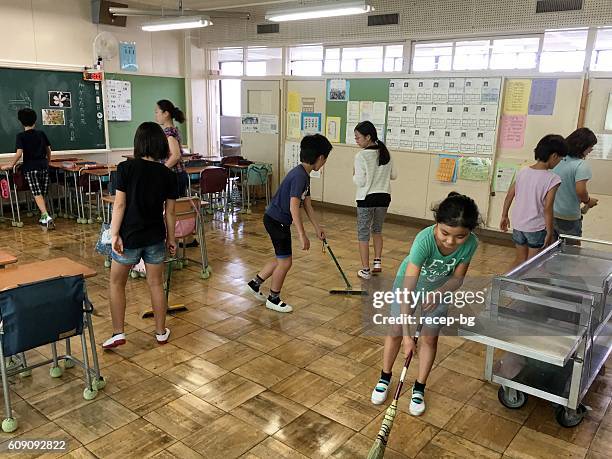
The habit starts early. In Japanese homes, children are taught to clean up after themselves. In schools—starting from nursery and kindergarten through to high school—students clean classrooms every day as a part of their routine. Though some students might play around with cleaning tools, most take this task seriously, and teachers and parents rarely question the practice. Some schools even participate in community clean-up activities.
Workplace Cleanliness : Offices and Factories

At many companies, office workers—not janitors—clean their desks and shared spaces at the start and end of the workday. In factories, cleanliness is even more strictly observed under the “5S” system: Seiri (Sort), Seiton (Set in order), Seiso (Shine), Seiketsu (Standardize), and Shitsuke (Sustain). This quality control method, developed in Japan, is used worldwide today and emphasizes that cleanliness improves safety, efficiency, and discipline.
Cultural Roots : Buddhism and Confucianism
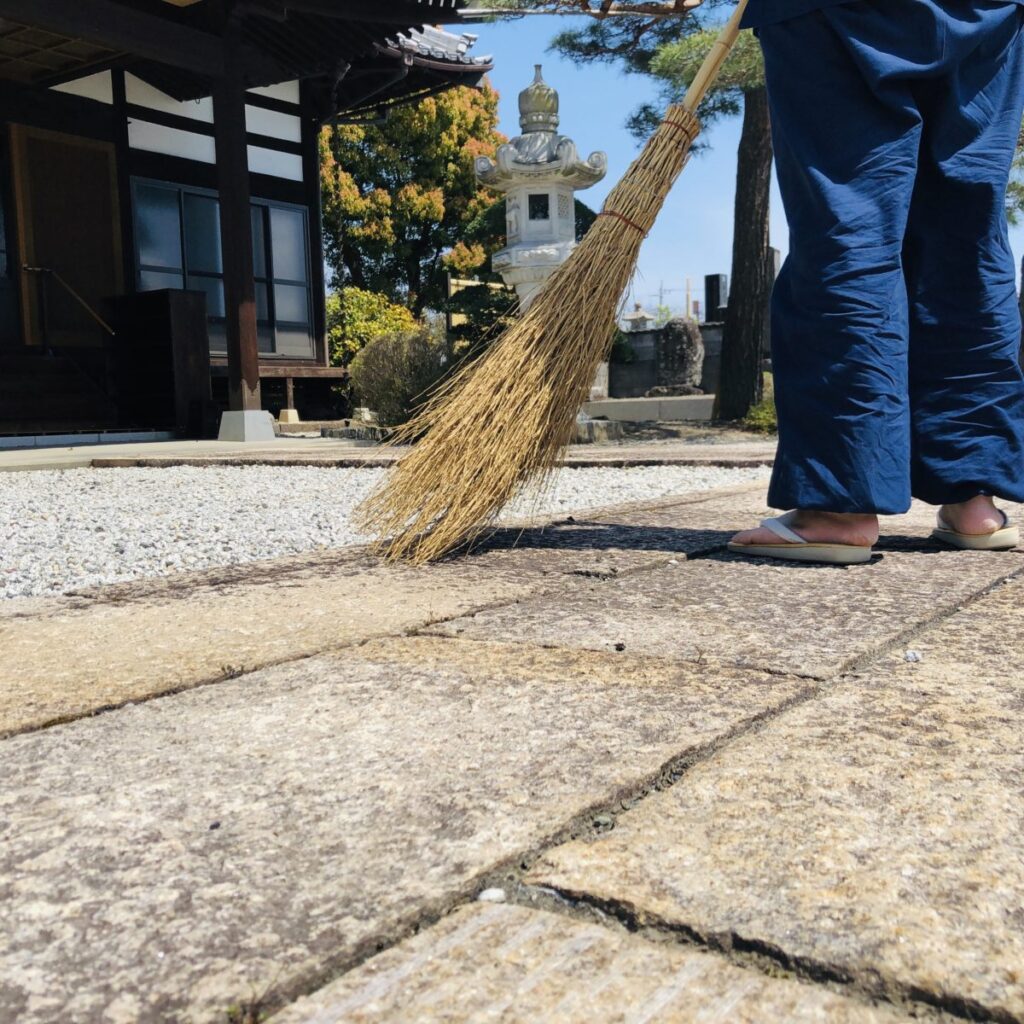
Japan’s attitude toward cleanliness has deep roots in both Buddhism and Confucianism. Introduced to Japan from China via Korea around the 6th century, Buddhism teaches that cleaning is a form of spiritual discipline. A saying from the Tendai sect puts it simply “First is samu (daily chores), second is prayer, and third is study.” Cleaning—whether it’s sweeping, weeding, or tidying—is considered a way to purify the heart. (天台宗 > 天台宗について > 法話集 > お掃除)
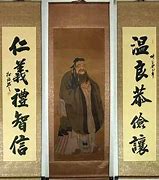
Confucianism, which also arrived from China, emphasizes virtues like compassion, justice, respect, wisdom, and trust. These teachings have influenced Japanese social behavior for centuries, particularly during the Tokugawa era. Respect for others and the community has long been a driving force behind Japan’s public cleanliness.
Everyday Cleanliness : Nothing Special for Japanese People

To Japanese people, keeping their surroundings clean is nothing special—it’s just what they do. After international sports events like the Soccer World Cup, Japanese fans are often praised on social media for cleaning up stadium seats. Team locker rooms are also left spotless. While not all Japanese are perfect, this widespread sense of responsibility is admirable and culturally ingrained.
Modern Challenges : Trash in Tourist Areas
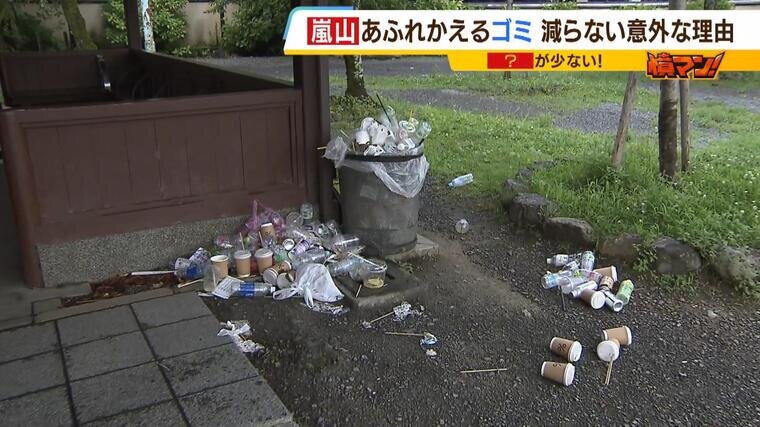
Unfortunately, littering has become a social issue in some popular tourist spots. Whether by Japanese or foreign visitors, carelessness leads to unsightly piles of trash. This not only damages the scenery but also contradicts the image of Japan’s famous cleanliness. We hope all visitors—and locals—consider how they can help maintain Japan’s beauty.
Conclusion : A Tradition Worth Preserving
Japan’s cleanliness is not just for show. It’s part of everyday life—seen in homes, schools, offices, factories, and even in people’s pockets as they carry their trash. Rooted in centuries-old values, it’s a tradition that continues to shape Japan today. We hope more people around the world can be inspired by this quiet but powerful custom.
Share Your Thoughts
Have you experienced something similar in your own culture?
Your reflections are welcome.
💬 Jump to the comment section


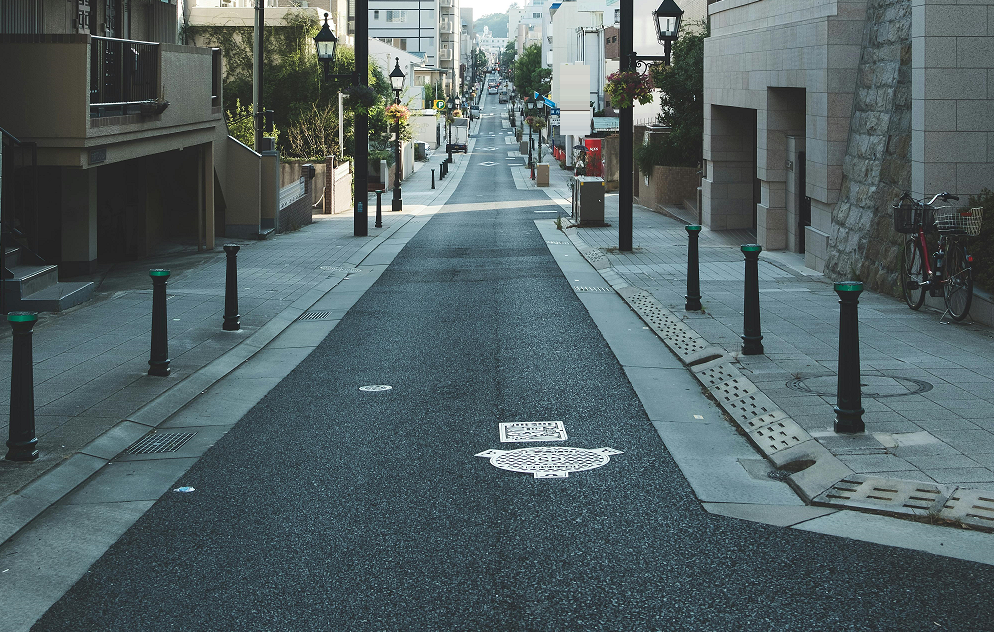


Share Your Perspective